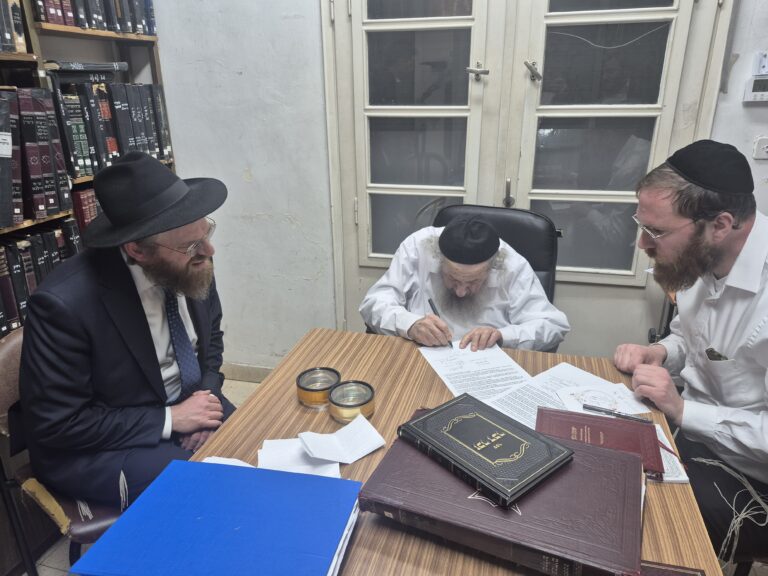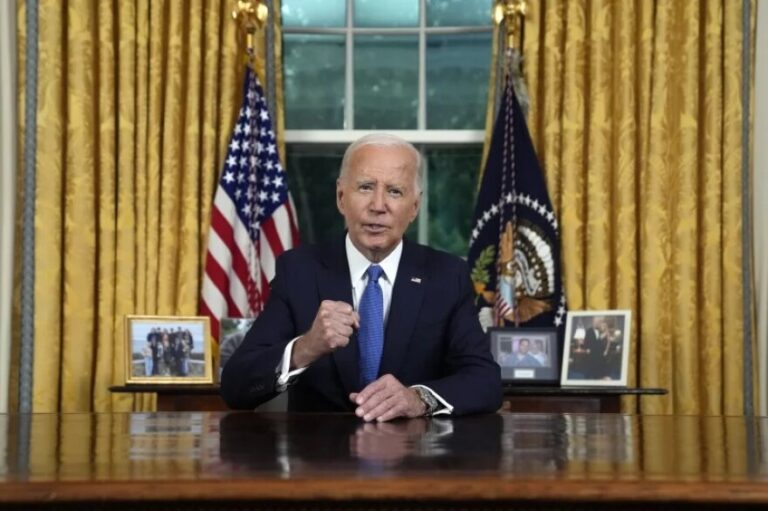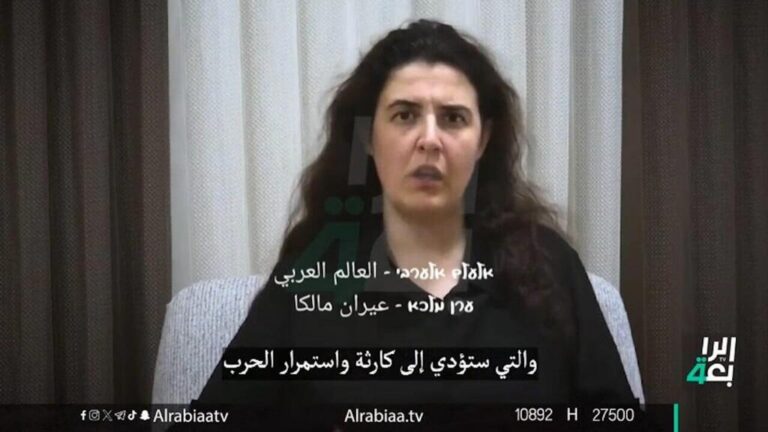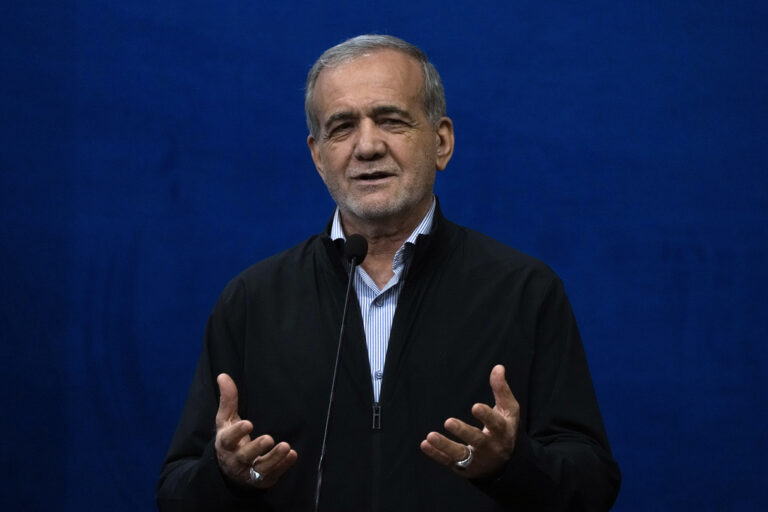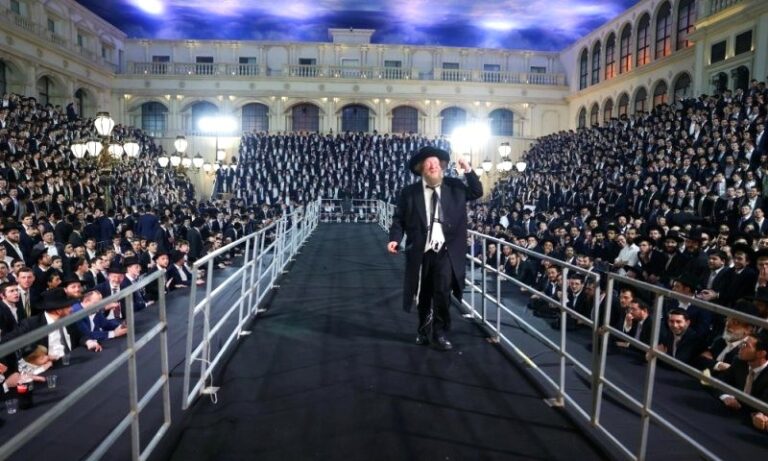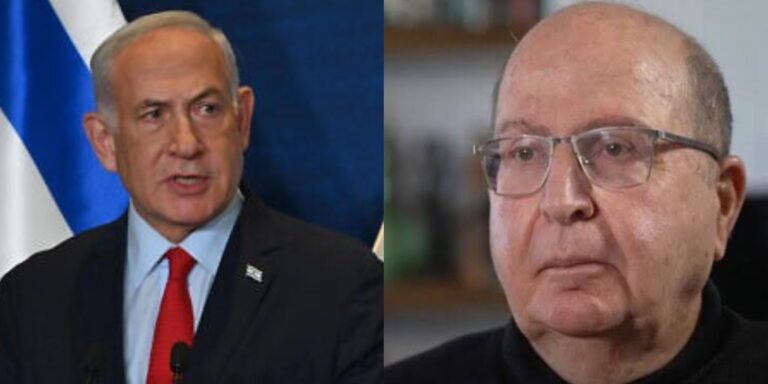Syria’s government accused Saturday the international chemical weapons watchdog of relying on the testimonies of “terrorists” in its probe that concluded sarin gas was used in a deadly attack in Syria two months ago.
The Syrian Foreign Ministry in a statement also lashed out at the Organization for the Prohibition of Chemical Weapons, saying its investigation has been subjected to political extortion, costing the agency its credibility and impartiality. The ministry called its findings “the creation of a sick mind.”
While the OPCW didn’t apportion blame, the U.S., the U.K. and Syrian activists have held the Syrian government responsible for the April 4 on Khan Sheikhoun in the opposition-controlled Idlib province. More than 90 people, including women and children, were killed, sparking outrage around the world as photos and video of the aftermath, which included quivering children dying on camera, were widely broadcast.
The U.S. launched a punitive strike against the Syrian military days after the attack. Syrian President Bashar Assad and his main backer Russia have denied the use of chemical weapons, accusing the Syrian opposition of launching the attacks.
The Syrian foreign ministry said the OPCW had declined to visit Khan Sheikhoun or the base from which the alleged attack was purportedly launched. It said the Syrian government was prepared to cooperate with the investigators.
“The report comes up with a fabricated and exaggerated story that has no credibility and can’t be accepted in any way because it is illogical and is the creation of a sick mind,” the ministry’s statement said. It questioned the testimonies collected by the OPCW in Turkey from witnesses it called “terrorists” and “perjurers” controlled by western intelligence agents.
It called on the OPCW to prepare “impartial and credible reports that have not been subjected to extortions by countries and parties that prevent it from reaching the truth.”
Both the U.S. and the OPCW defended the probe’s methodology. Investigators did not visit the scene of the attack, deeming it too dangerous, but analyzed samples from victims and survivors, and interviewed witnesses.
The investigation’s findings will be used by a joint U.N.-OPCW investigation team to determine who was behind the attack. The team is expected to issue its next report sometime around October. The OPCW has scheduled a July 5 meeting of its executive council to discuss the matter.
Syria joined the OPCW in 2013 after it was blamed for a deadly poison gas attack in a Damascus suburb. Assad’s government then declared some 1,300 tons of chemical weapons and precursor chemicals that were subsequently destroyed in an unprecedented international operation.
However, the organization still has unanswered questions regarding Syria’s initial declaration and whether it has wholly disposed of its chemical weapons stockpile.
The report’s investigative team has previously concluded that chlorine and sulfur mustard — commonly known as mustard gas — were used as weapons in Syria.
On Saturday, a Syrian insurgent group said Syrian government troops used chlorine gas on its fighters during clashes near the capital Damascus.
Faylaq al-Rahman group has been fighting advancing government and allied forces on its stronghold of Ain Terma, in eastern Ghouta suburb, for days. It was not immediately possible to corroborate the frontline report of chlorine use. Activists reported the insurgent group’s claim but no images or firsthand accounts were made available. One activist said most of those injured were fighters. The Syrian military called reports of a chlorine attack in Ain Terma “baseless lies.”
(AP)


